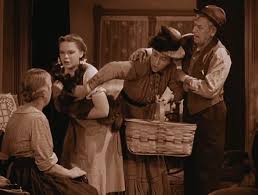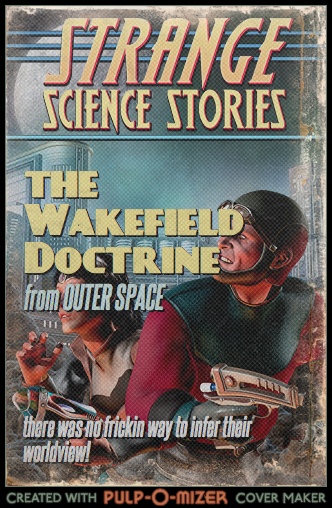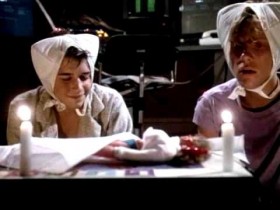Welcome to the Wakefield Doctrine (the theory of clarks, scotts and rogers)
…clarks hide it, scotts ignore it and rogers embrace it… the glue of conformity, the velvet underwear of the conformer, easily the second most popular form of personal self-indulgence
Guilt…Guilt…..Guilt…….Guilt, yeah Guilt
not the easiest of concepts to relate to our little personality theories, but what the hell:
- guilty pleasures: rogers!
- guilty as charged: scotts!
- guilt and shame: …. (you knew this one, didn’t you! lol) clarks!
lets get all Daniel on this here concept here.
guilt noun \ˈgilt\
: responsibility for a crime or for doing something bad or wrong
: a bad feeling caused by knowing or thinking that you have done something bad or wrong (courtesy: merriamwebstercambridgeoxford.com)
my, that certainly covers the personal reality waterfront, doesn’t it? But, this here blog relates things on a personal level (no! wait! don’t laugh… I mean, sure, clarks do not strike most people as being excessively personal and/or personable people, at least on first meeting. funny story: when I was 5 years old I decided that I really should sign any birthday or holiday cars with my full name…even those to immediate family. and the thing is, though I can’t remember the rationale, I still have a sense of the appropriateness of it…at least to my 5 year old self).
clarks feel guilt. ours and anyone else’s that we decide we have a ‘relationship with/to’… there’s a old term for this, one that predates the theory of clarks, scotts and rogers, called ‘getting Ed Sullivaned’. The origin being how, as a young clark, I would watch the Ed Sullivan Show* and, the culture being barely out of the vaudeville era, there would be acrobatic acts and plate juggler guys. These would be people who’s mission in life was to get these, like, flexible poles, stand them on end, put a dinner plate on the top end, and make them spin. The goal was to get as many spinning as possible…. wait, what the hell am I doing, let me go youtube it
https://www.youtube.com/watch?v=Zhoos1oY404?list=PL4F4AEC6CDC823498… hey, come on! it was the 60s in our parents living room watching on a black and white tv.
In any event, the phrase ‘Ed Sullivaned’ comes from the feeling I would get when the juggler messed up and dropped something. I would feel totally, honestly, look-around-and-hope-no-one-was-looking-at-me-for-an-explanation guilty/embarrassed. Sort of projectile empathy. Anyway, eventually the phrase came to be associate with the experience of guilt on behalf of another person.
….time to go, work is calling like: ‘a something-something-hooker-something from the other room, while I try to explain to friends how this is not really the real me‘… everyone feels like that at one time or another? right?
* early 60’s television show, actually a variety show hosted by a guy who looked like Richard Nixon and he was ‘the venue’ for the first major appearances of performers in the nascent pop music era… Elvis, the Beatles, George Carlin…any entertainer you might enjoy who is more than 50 years old? probably appeared on Ed Sullivan.








